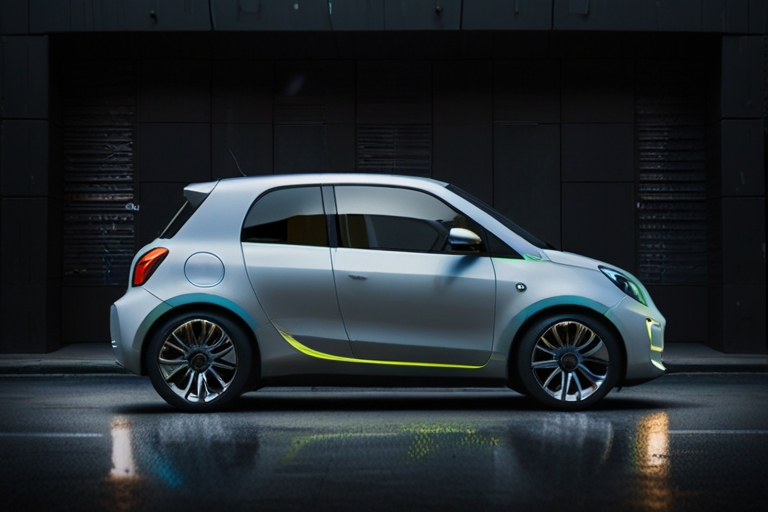By spending few quid on a new electric vehicle, you aren’t just demonstrating a commitment to environmental sustainability but also a smart financial investment. The initial sticker shock associated with the acquisition of electric vehicles (EVs) might seem overwhelming. However, in the long run, as they require little-to-no maintenance and have lower fuel costs, their operating expenses can be quite economical.
Fueling Savings
Among the most considerable cost advantages of owning a battery-driven car is the possibility to break on fuel. Electric vehicles burn less fuel than gas cars with the result that the costs for infilling is much lower. In many areas, electricity less money than gasoline is, therefore leading to the significant savings deducted after a while. Besides, you can use off-peak rates when charging the EV or even get home charging as another way to cut down on your fueling bills.
Maintenance Costs
In contrast to the regular combustion engine vehicles, EVs (electric vehicles) have substantially fewer moving parts that contribute to lower maintenance expenses over the lifetime or the vehicle. Thanks to the fact there are no oil changes, decreased brake replacements, and less complicated drivetrains, EV owners can adjust to a lifestyle with fewer maintenance and repair costs. This means that the cost of ownership is reduced for the long run and it is cheaper in the long run than it depletes its resources compared to the gas-powered vehicles.
Government Incentives
A lot of governments provide fiscal benefits including tax breaks, credits and rebates, aimed at fueling electric vehicles (EV) growth. These incentives can decrease the purchase price of electric vehicles by quite a bit and thus make them more within the owners’ reach. For example, EV owners in some areas may also benefit from cost savings like reduction in license fee, lower price for use of road tunnels and entering special lanes, which make them even more attractive.
Total Cost of Ownership
It is important to take into account all costs of the ownership, such as fueling, maintenance, and incentives, because these expenses impact the electric vehicle cost perimeter. In such case, the electric cars often prove to be less costly than gasoline alternatives. The fact that the initial payment of an electric car is higher, but its fuel and maintenance costs are low compared to the other types of cars with these same factors on the long run, are able to bring about a significant cost saving effect over the lifetime of the car. Besides, the EV owners can also enjoy the benefits of the government subsidies.
To wrap everything up, though the several advantages of buying an electric car are widely known, the actual cost benefits go far beyond the sole saving on fuel emissions. Electric vehicles have lower energy costs, fewer parts that need to be repaired and the government grants also make it a lucrative option for smart buyers. We can thus factor in a no-compromise concept where they realise as well that they are not only benefitting their wallets but also the cleaner and greener roads.

